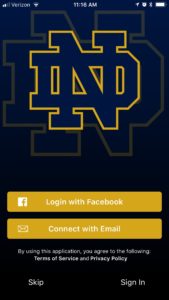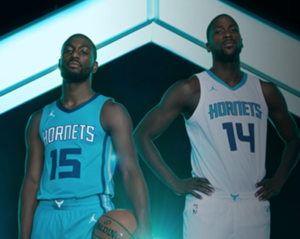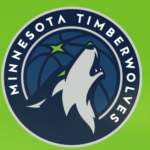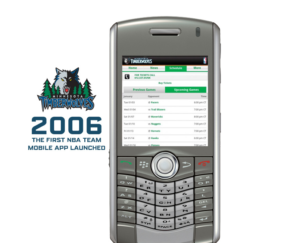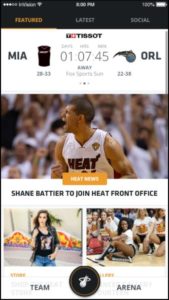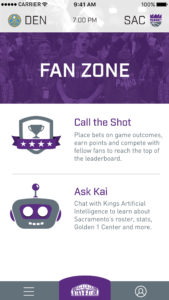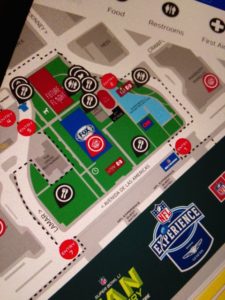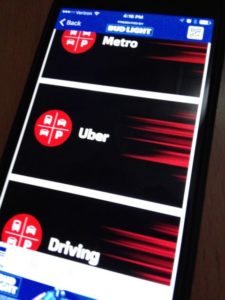Founded in 2014 after a project with Madison Square Garden led CEO Laurence Sotsky to build a business around team and stadium apps, Hopscotch had previously raised $12.5 million in Series A funding, according to the company. According to Sotsky, a beta customer relationship with the University of Mississippi in 2016 gave Hopscotch an entree to the large-college market, and since then the company has signed app deals with a who’s-who list of top universities with prominent athletic programs, including Notre Dame, Oregon, Ohio State, Auburn, UCLA, Washington, Baylor, Penn State, Michigan State and Arizona, among others. Hopscotch also signed a deal with T-Mobile Arena in Las Vegas.
While the list of customers is impressive, there is a bit of a caveat to Hopscotch’s sudden rise. According to Sotsky, Hopscotch gained many of its new customers this summer by taking over app development deals previously held by CBS Interactive and IMG College. As the rights holder for many universities, CBS Interactive’s apps have historically been centered around media, including streaming video and other team content. According to Sotsky, Hopscotch is replacing code in those previous apps from the inside out, bringing the company’s “Fan Engagement Platform” to add services like ticket purchasing and advertising services. However, in many cases the apps are still identified by previous developers in places like the Apple App Store, a tactic Sotsky said was done deliberately so that previous users of the apps could just update to get the new app instead of having to install a new app.
Duplicate deals at schools?
But what Hopscotch doesn’t tell you is that some of these deals may not be exclusive, as in the case of Baylor University, which is listed under “customers” on both the Hopscotch website as well as the YinzCam website. YinzCam, which developed a game-day app for Baylor when the school built its new football stadium in 2014, remains the “official” app, according to Becky King, associate vice president for information technology services and interim CIO at the Waco, Texas, school.
However complete or incomplete they may be, Hopscotch’s college deals will at least give the company another fighting place to take on other providers in the team/stadium app marketplace like YinzCam, VenueNext, Venuetize and Built.io. With $17.5 million in total funding now, the El Segundo, Calif.-based Hopscotch may add to its current total of 40 employees, while building out its product roadmap to include more services for game days, like wait-time apps or traffic and parking services.
In a phone interview Sotsky said Hopscotch is already trying beta tests of interactive advertisements, like one last basketball season at Auburn where fans using the app would get a message good for a free breakfast sandwich at a nearby Hardee’s if the opposing team missed two consecutive free throws late in a game. Though most stadium and team apps have been challenged so far just to get fans to download and use the apps — never mind generating revenue — Sotsky is betting that Hopscotch will find a way to help venues, teams and advertisers work together to build something that benefits fans while also delivering some ROI.
“If you deliver the right kind of ads you can get great revenue traction,” said Sotsky.
